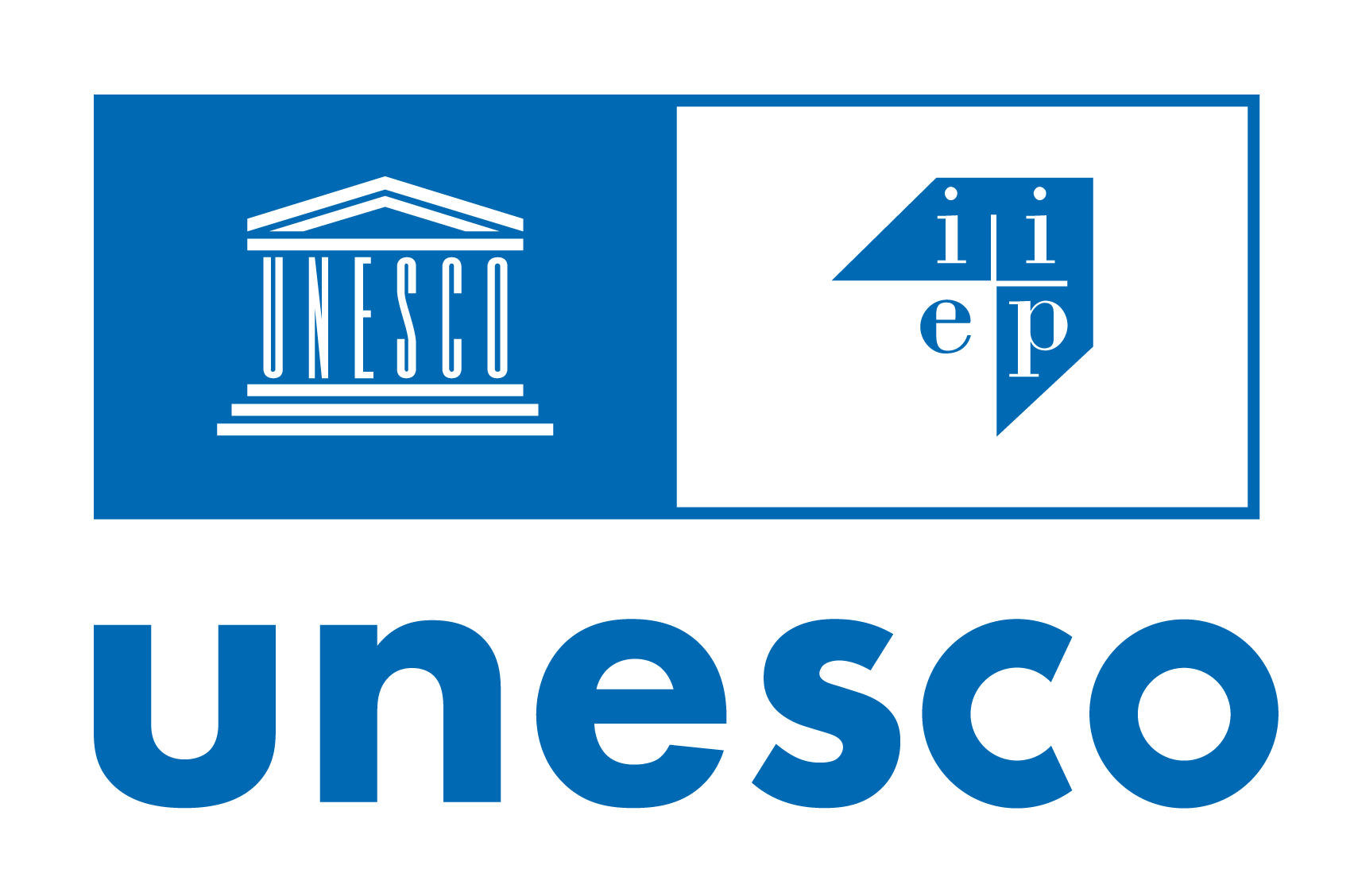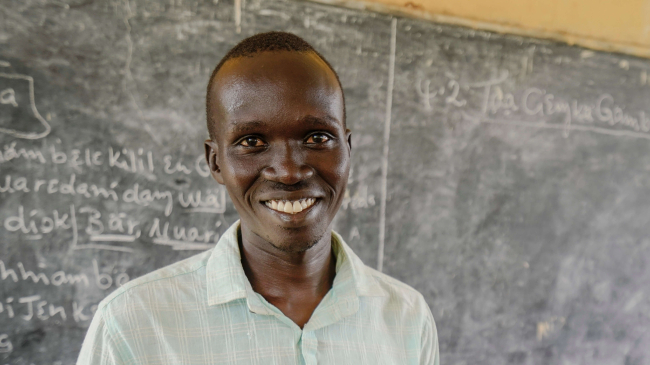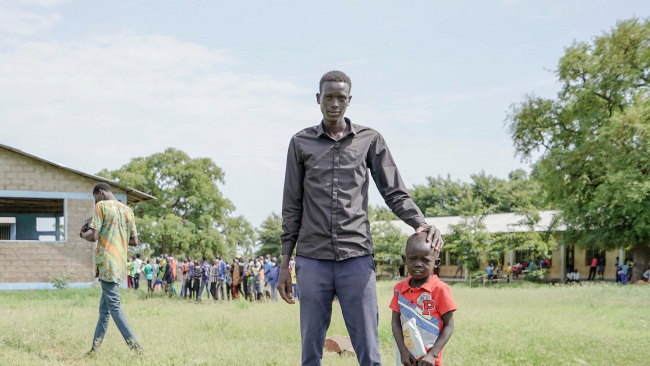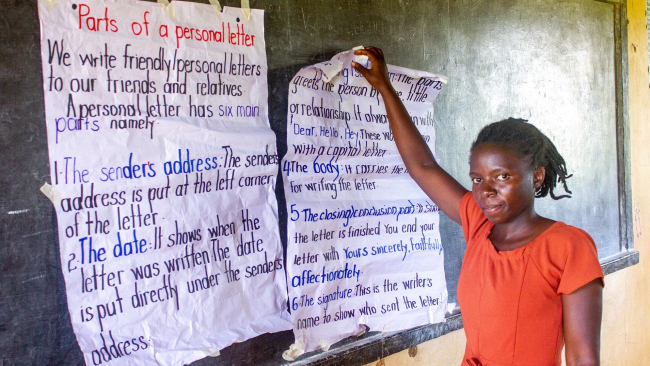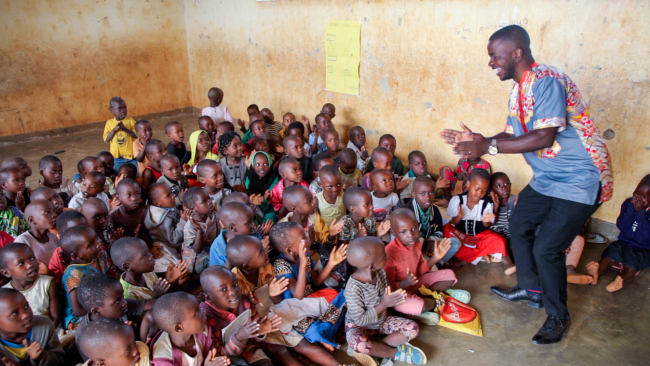This case study examines how, in Bangladesh, humanitarian and development actors can more effectively coordinate planning and response to strengthen education outcomes for children and young people affected by crises. The research looks at the ‘who’, the ‘how’ and the ‘so what’ of coordination of education in emergencies (EiE) and protracted crises related to the Rohingya response in Bangladesh, resulting in recommendations for action that can be taken by different types of stakeholders, including the ECW and key partners, across different contexts.
Year
2020
Pages
60
Countries
Resource Types
Languages
